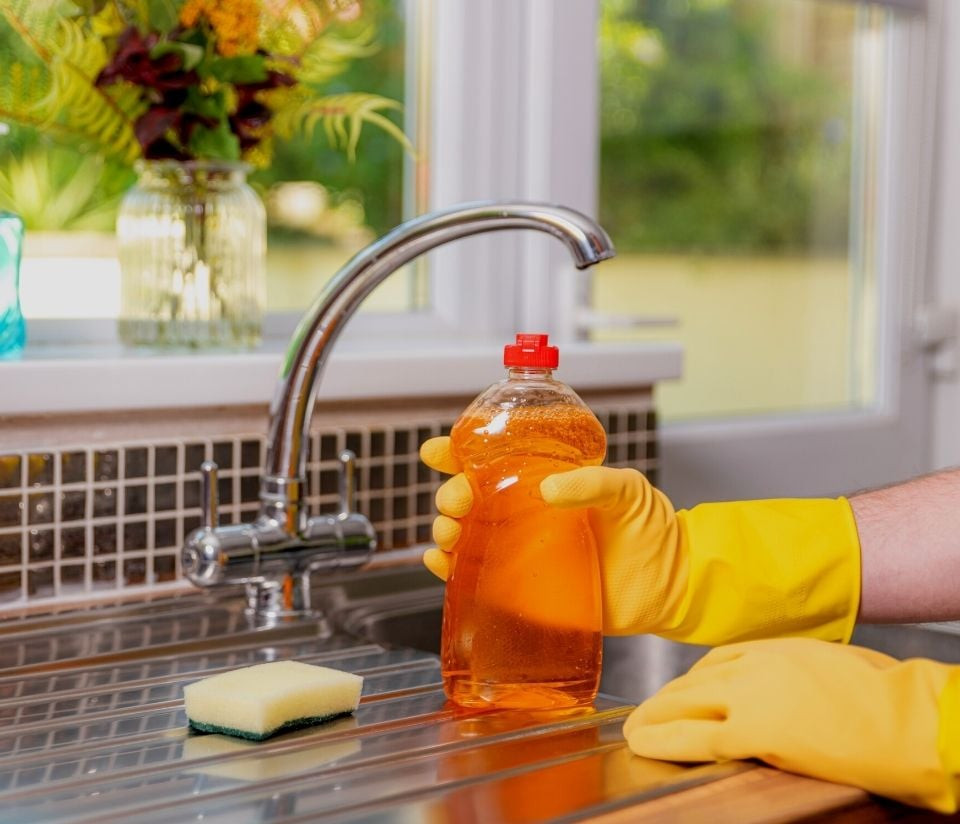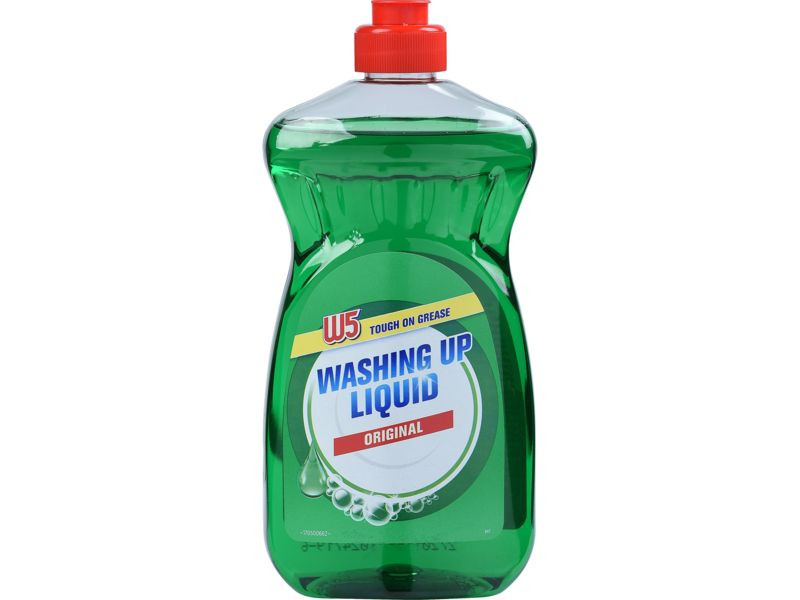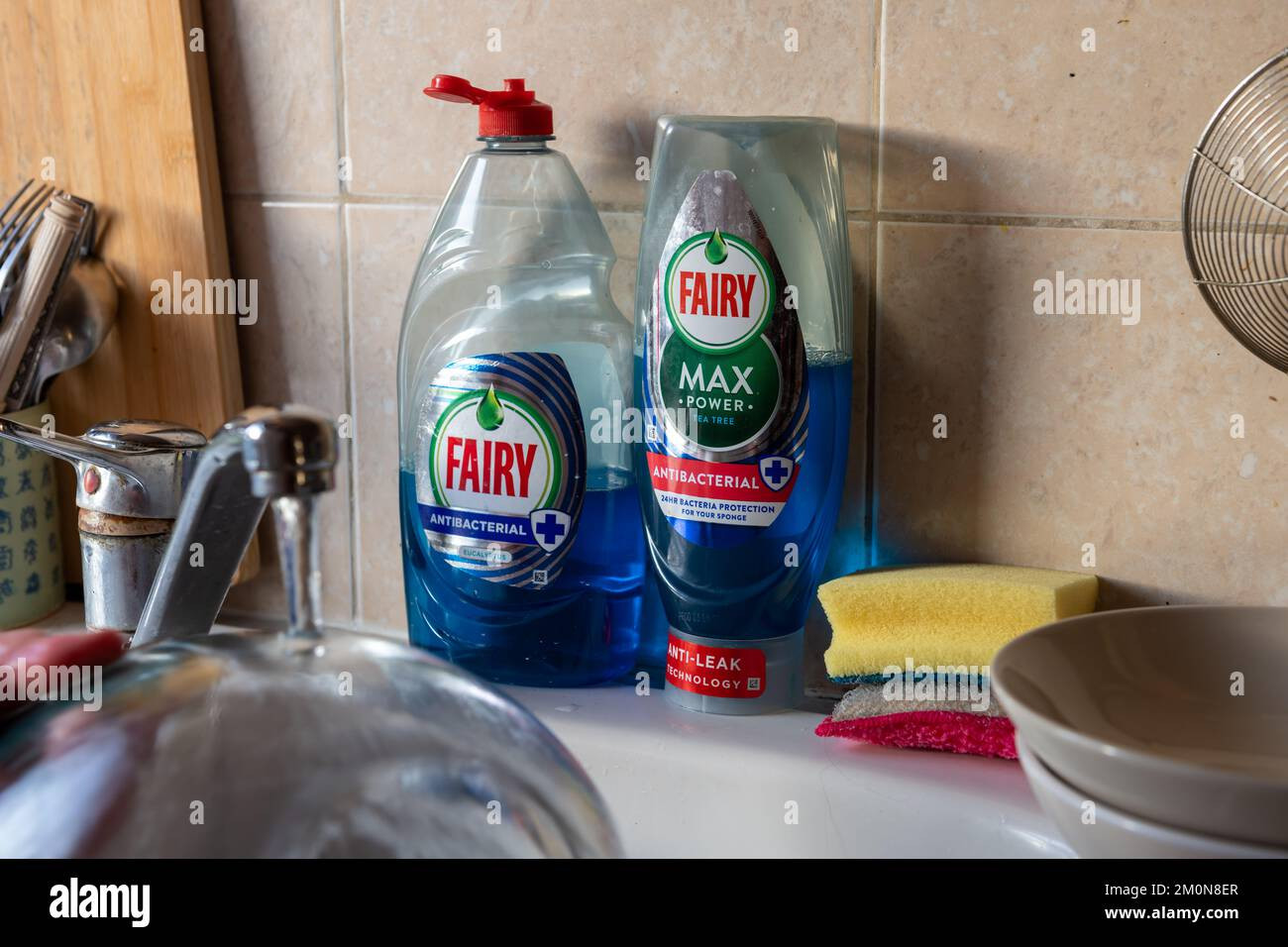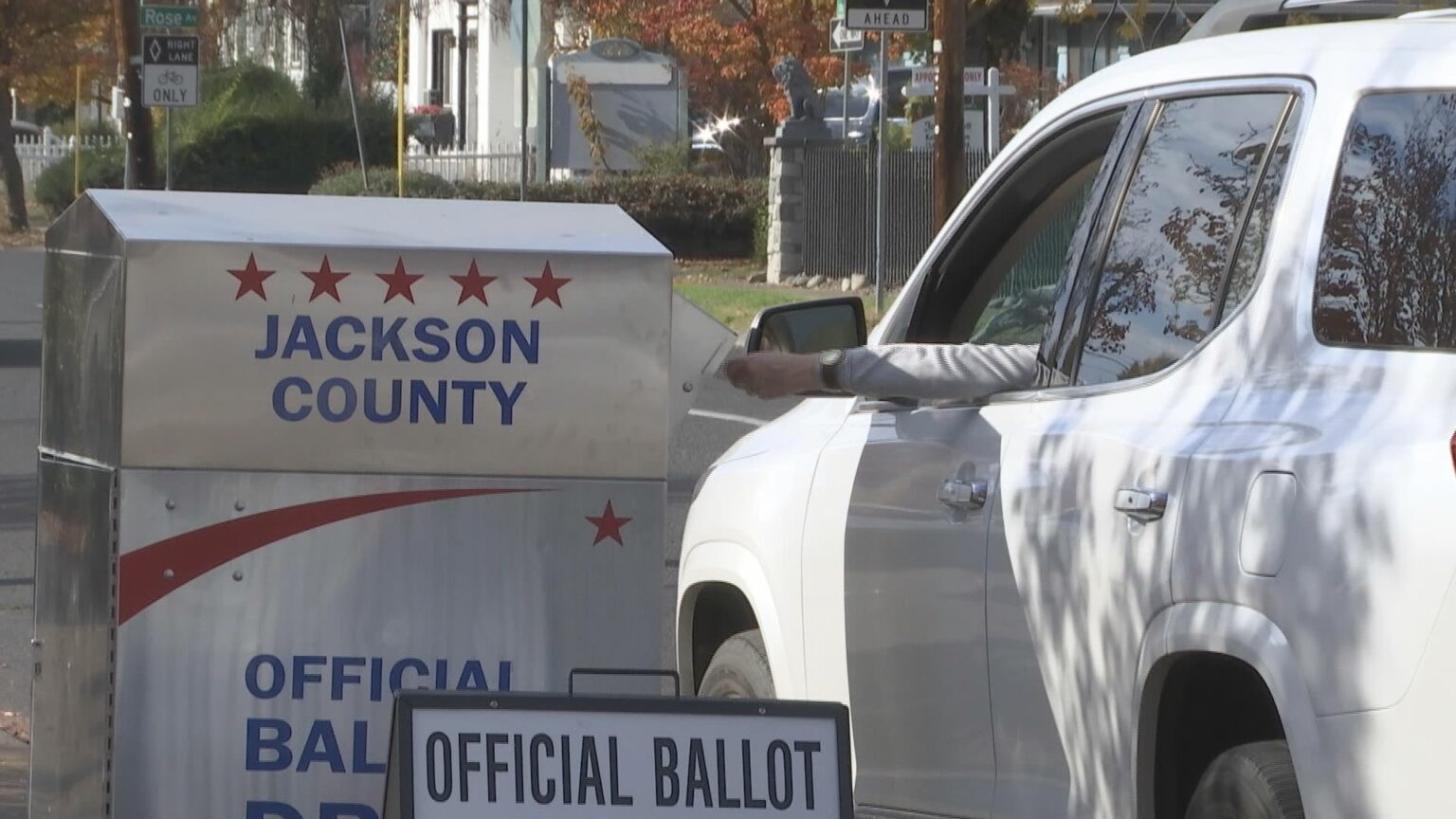The Shocking Truth About Your Dish Soap
Millions of plastic bottles are purchased annually to package washing-up liquid across the globe, but alarmingly, a significant portion of these end up in our oceans. Ecover, a company committed to ecologically sound cleaning products, highlights a critical issue: less than half of plastic bottles used for household items are even collected for recycling, and a mere 7% of those collected are actually recycled. This translates to an estimated 12.7 million tonnes of plastic bottles polluting our oceans annually, causing immense harm to marine life. This statistic highlights the urgent need for a shift in consumer habits. The sheer volume of plastic waste generated from seemingly innocuous products like washing-up liquid is having a devastating impact on our planet's ecosystems.
The Impact of Plastic Waste on Marine Life
The devastating consequences of plastic pollution on marine life are well-documented. Plastic bottles, discarded carelessly, break down into microplastics that contaminate the water, harming countless marine species. These microplastics enter the food chain, posing a significant risk to human health as well. Every year, thousands of marine animals perish because of entanglement or ingestion of plastic waste, and the problem is only getting worse. The 12.7 million tonnes of plastic bottles reaching our oceans each year represent a considerable portion of this ongoing crisis, emphasizing the need for immediate and effective action. The long-term consequences are dire unless significant changes are made.
The Recycling Conundrum
The shockingly low recycling rate for plastic bottles—less than half collected and only 7% recycled—exposes a major flaw in the current system. The simple act of recycling is not enough to address the enormity of the plastic problem. While recycling is crucial, the issue lies deeper, demanding a more fundamental change in how we produce, consume, and dispose of plastic packaging. Solutions involve both individual responsibility and a broader systemic approach. The environmental and health consequences of inaction are profound.
Sustainable Alternatives: Refillable Options and Eco-Friendly Brands
In response to this crisis, environmentally conscious companies are leading the charge towards more sustainable practices. Ecover, for example, is actively promoting refillable bottles as a viable alternative to single-use plastic. They have established over 700 refill stations across various locations, including health food stores and supermarkets, providing easy access to sustainable cleaning products. This approach dramatically reduces plastic waste and minimizes the environmental impact of our cleaning habits. A commitment to reusable containers is an effective step to lessen the burden on our oceans and the natural environment. Refillable options are gaining increasing popularity as consumers prioritize sustainability.
Fairy's Eco-Friendly Initiative
Even major brands like Fairy are embracing more sustainable practices. Fairy now offers refill cartons that allow consumers to reuse their existing bottles, significantly reducing plastic consumption. This approach demonstrates that big brands are recognizing the need for environmental responsibility. The 'Fairy Max Power antibacterial washing-up liquid refill carton' enables more than two refills of a typical bottle, saving up to 85% of plastic. The company's initiative highlights the growing trend of providing refill options to encourage reusable packaging and reduce waste. Their commitment to recyclability makes it a good eco-friendly choice for consumers.
A Call to Action: Rethinking Our Consumption Habits
The responsibility to address plastic pollution falls on us all. By consciously choosing sustainable alternatives like refillable options, we can collectively reduce the alarming amount of plastic waste generated by our daily routines. The switch from single-use plastic bottles to refillable options is a simple yet powerful action that can have a considerable positive impact. Buying less single use plastic washing up liquid bottles will greatly help alleviate the problem. Even small changes such as opting for eco-friendly products can make a big difference in our collective impact on marine life. Support companies leading the sustainability charge, and hold brands accountable for their environmental impact. Our collective actions matter. Making conscious choices towards sustainable practices is crucial for protecting our oceans and preserving marine ecosystems.
The Future is Refillable: A Clean Conscience and Clean Dishes
The growing popularity of refill stations and eco-friendly initiatives signifies a promising shift towards a more sustainable future for cleaning products. Consumers increasingly seek environmentally responsible options, driving innovation and change within the industry. The future of cleaning isn't just about sparkling dishes—it's about a cleaner planet. By embracing the convenient and sustainable options currently available, we can continue to strive towards a greener world for future generations. It's a small change, but it makes a big difference in terms of overall waste reduction. The message to consumers is clear: change your washing up liquid buying habits to help our oceans.



















